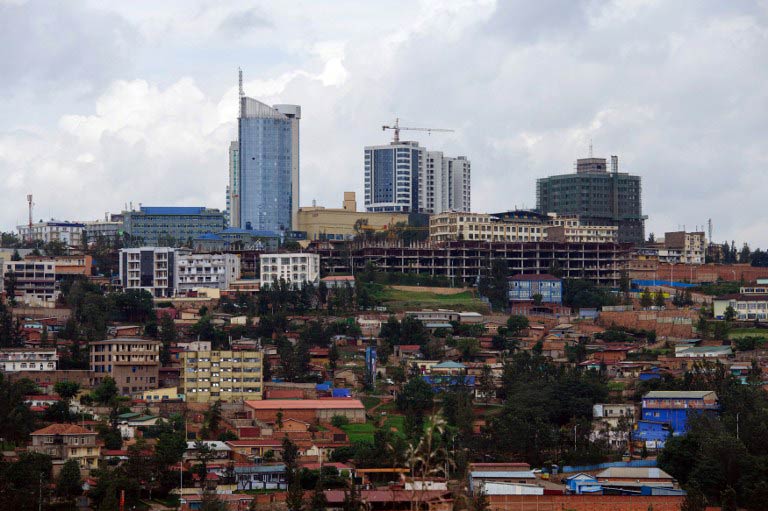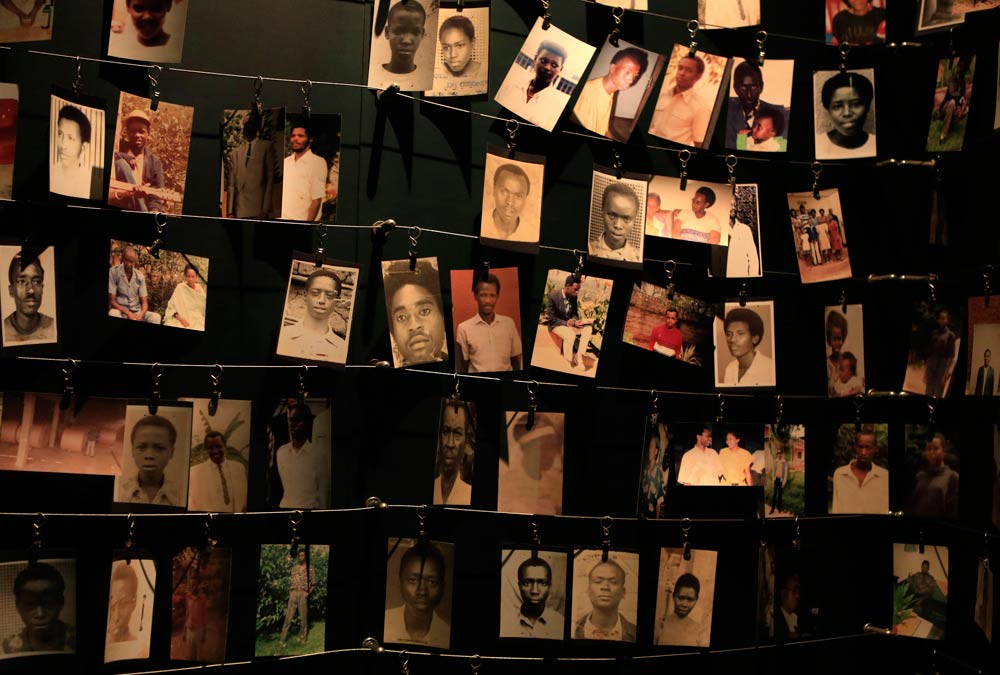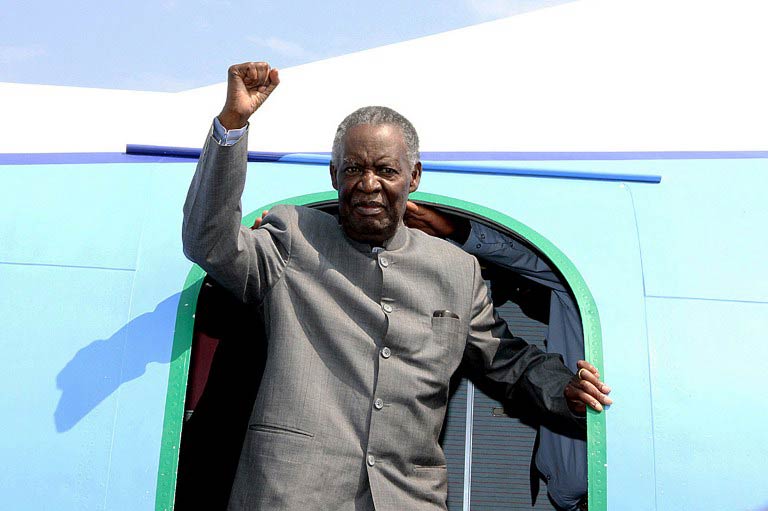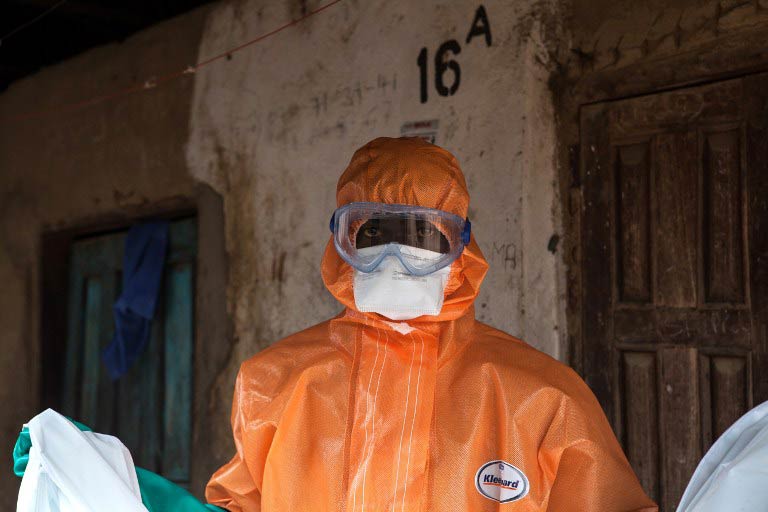After arriving in Kigali last month, the first thing my friends and I did was hire motorcycles and ride around the city. It was the best way to get reacquainted with it and take in all the sights and sounds and smells – it was cheap therapy.
For a few moments during that ride, it didn’t feel like I was in Africa. Kigali over time has developed into a lovely city. The growth is something that you see when you meet the locals and look at the infrastructure. A country once wounded so badly is shining and we Africans are all visibly proud. The story that is being told about Rwanda is that where there is a will, there is a way.
When the 1994 genocide happened, I was eight years old. I vividly remember huge black helicopters hovering over us for days. There were lots of gunshots and very loud bangs, which my parents told me were ‘bikompola’ (bombs/grenades). I didn’t understand what was going on but I took notice of everything. I come from a small district south west of Uganda, which borders Rwanda. The effects of the genocide happening to our neighbours were very visible.

Fast forward 20 years on to October 2014. I got to visit Rwanda again, this time to attend an African Union-hosted forum where we discussed Silencing the guns: Women in Democratisation and Peace Building in Africa. It was a pertinent theme – some African countries have barely known peace for up to 50 years. The continent has been in constant turmoil and conflict, and it is widely known that women and children bear the brunt of it. Initiatives like this pre-forum aim are aimed at including them in the process of peacebuilding rather than keeping them on the periphery.
The African Union has a vision for the continent for the next 50 years known as Agenda 2063. One of many goals is a peaceful and secure Africa. “By 2020 all guns will be silent. Mechanisms for peaceful resolution of conflicts will be functional at all levels. A culture of peace and tolerance shall be nurtured in Africa’s children and youth through peace education.” This is why the conversation on silencing of guns was very relevant and timely.
Rwanda’s post-genocide story is unique in so many ways. Speaking at the event, Dr Aisha Abdullahi, commissioner for the AU department of political affairs, said: “Rwanda is a shining example that we can forgive, that we can achieve healing and reconciliation, that we can prosper even when we do not have oil or minerals. Effective governance is key”. However women have got to be at the centre of the processes involved, she emphasised.
Women bring to the table a unique way of governance – the kind that is sentimental and well thought-out. We are relational beings and while all we do and should listen to the facts and the judge, women bring the ‘Ubuntu’ aspect as well. While in Kigali, we went to visit a reconciliation village in Bugasera, a short distance away from the city centre. We heard testimonies from women who, after the genocide, turned their sons in to the authorities as they suspected they had been involved in the violence. They needed to go through the systems, either go to jail or to a reconciliation camp, one mother said frankly.

In Rwanda (and elsewhere), it is women who hold communities together. It is their husbands and children who were killed, it is their brothers and sisters who were wounded, but that does not stop them from advocating for equal justice for all. And history and scholars are on their side.
Over the past couple for years economists have agreed that there is nothing more central to development than the economic, political and social participation and leadership of women. They go on to say that this is particularly true in post-conflict societies where women often make up the majority of the population. Women have the primary responsibility of raising the next generation. The majority of refugees are women and children, and not just in Africa. Female education, increasing women’s authority and uplifting their political voice have a profound effect on development in post-conflict situations. And this is what Rwanda has done. The have given women more control over resources, which is very important. We see it in our everyday lives: women will tend to give more and invest more in the livelihood of their homes and communities.
In other countries around the world, only about 20.4% of the members of parliaments are women. Rwanda prides itself on having the highest percentage of female MPs in the world – nearly 64%.
Rwanda is an example of the new trend to use electoral gender quotas to fast-track gender balance in politics. Africa has only six years to be able to achieve reconciliation and silence guns on the continent as per the aspirations of Agenda 2063, but one thing remains: effective governance is the only road to getting us to achieve a peaceful and secure continent. But women have got to steer the conversation, be a part of it and also be acknowledged by the very many partners in the process.
Ruth Aine is a Ugandan blogger and social media trainer. She blogs at aineruth.blogspot.com.









